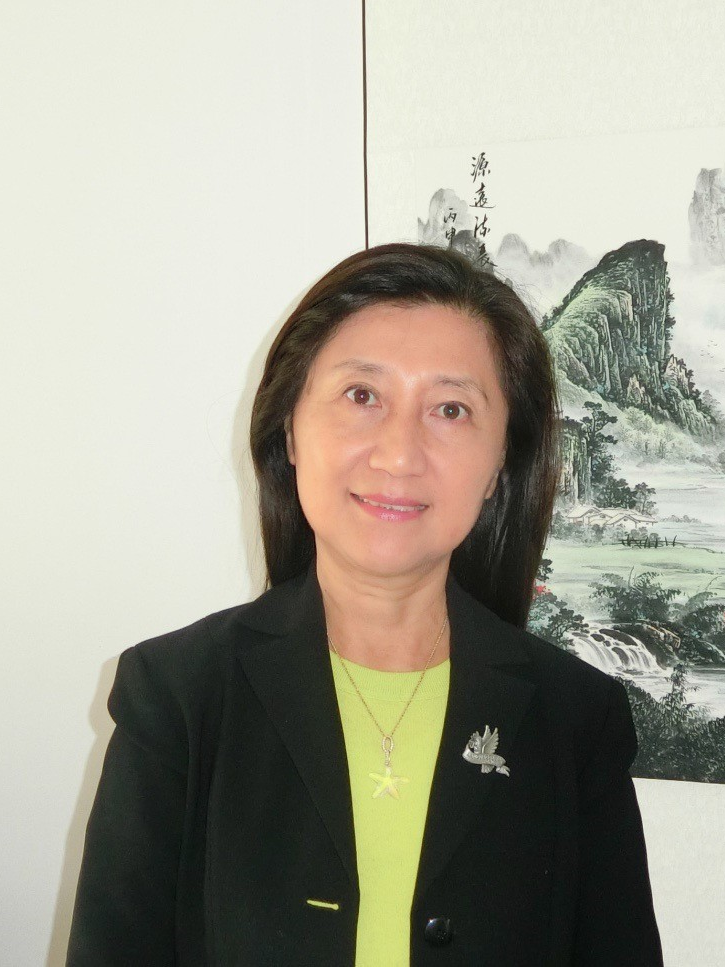
Prof. Yilin Sun
Seattle College, USA
Dr. Yilin Sun, Professor, Emerita, former president of TESOL International Association (2014-2015). She has 40 years of experience in teacher education, leadership, assessment, and faculty professional development. Her research interests include TESOL, English for Specific Purposes, educational technologies, critical pedagogies, Culturally Responsive Teaching and Personal Learning Environments. In 2021, The English Language Specialist Program of the U.S. Department of State recognized Dr. Sun as one of thirty specialists who have made a lasting impact on the TESOL field since 1991. She has authored and co-authored books, book chapters, and journal articles, and serves as Chief Editor of the series Foreign Language Teacher Education and Development: Selected Works of Renowned TESOL Experts by Shanghai Foreign Language Education Press. Her forthcoming book, The Development of Personal Learning Environments in Higher Education: Promoting Culturally Responsive Teaching and Learner Autonomy will be published by Routledge in 2024. Yilin has delivered over 100 keynote/plenary presentations at national and international professional conferences..
Speech Title: Integrating
Culturally Responsive Pedagogy into Personal Learning Environments: The
CRT-SPET Framework
Abstract: The landscape of higher education is witnessing a
transformative shift with the emergence of Personal Learning Environments
(PLEs) grounded in Culturally Responsive Teaching (CRT) principles and
learner autonomy in higher education. This presentation introduces the
CRT-SPET framework, a comprehensive theoretical model encompassing four
crucial perspectives: academic administration, learner and learning, teacher
and teaching, and information communication technology (ICT). By integrating
CRT principles into PLEs, this framework ensures alignment between the roles
and functions of academic administration, instructors, learners, and ICT,
all while steadfastly committing to culturally responsive pedagogical
principles. The ultimate goal is to elevate PLEs beyond mere technical
platforms, establishing them as a holistic educational paradigm that
seamlessly integrates digital literacy, conceptual learning spaces, and
pedagogical processes. This transformative approach aims to empower
learners, providing them with autonomy and ownership over their lifelong
learning journey, while leveraging advanced information technology to
optimize engagement and educational outcomes.

Prof. Paulo Matos
Instituto Politécnico de Bragança, Portugal
Paulo Jorge Teixeira Matos is a professor in the Department of Informatics and Communication at the Polytechnic University of Bragança, Portugal, and an integrated researcher at Centre in Digitalization and Intelligent Robotics (CeDRI) and Associated Laboratory for Sustainability and Technology in Inland Regions (SusTEC). He is actively involved in several business, industrial, environmental, and educational innovation projects. His expertise lies in the development of intelligent decision support systems, IoT, blockchains, and other cutting-edge technologies. He has been actively involved in the development of technologies that foster new teaching and pedagogical paradigms, particularly through the creation of collaborative work tools and intelligent assistants based on generative artificial intelligence.
Speech Title: TBA
Abstract: TBA

Assoc. Prof. Krerk Piromsopa
Chulalongkorn University, Thailand
Krerk Piromsopa is an associate professor of Computer Engineering in the Faculty of Engineering, Chulalongkorn University (Thailand). He holds a Ph.D. in Computer Science from Michigan State University and a M.Eng and B.Eng in Computer Engineering from Chulalongkorn University. His research interests include Computer Security, Computer Architecture, and Education Technology.
Speech Title: TBA
Abstract: TBA
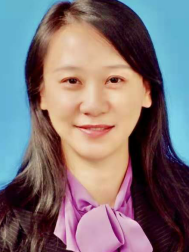
Assoc. Prof. Li Cheng
Beijing University of Posts and Telecommunications, China
Dr. Li Cheng is an associate professor and graduate student supervisor at Beijing University of Posts and Telecommunications (BUPT). Her research interests at present are computer-assisted language learning, digital humanities, intercultural communication and Teaching English/Chinese to Speakers of Other Languages. In the past five years, Dr. Cheng presided over/participated in nine research projects at the provincial and the university level. As a team member, she won the second prize of 2022 Beijing Teaching Achievement Award in Higher Education and 2021 Excellent Postgraduate Supervisor Team Award of BUPT.
Speech Title: TBA
Abstract: TBA
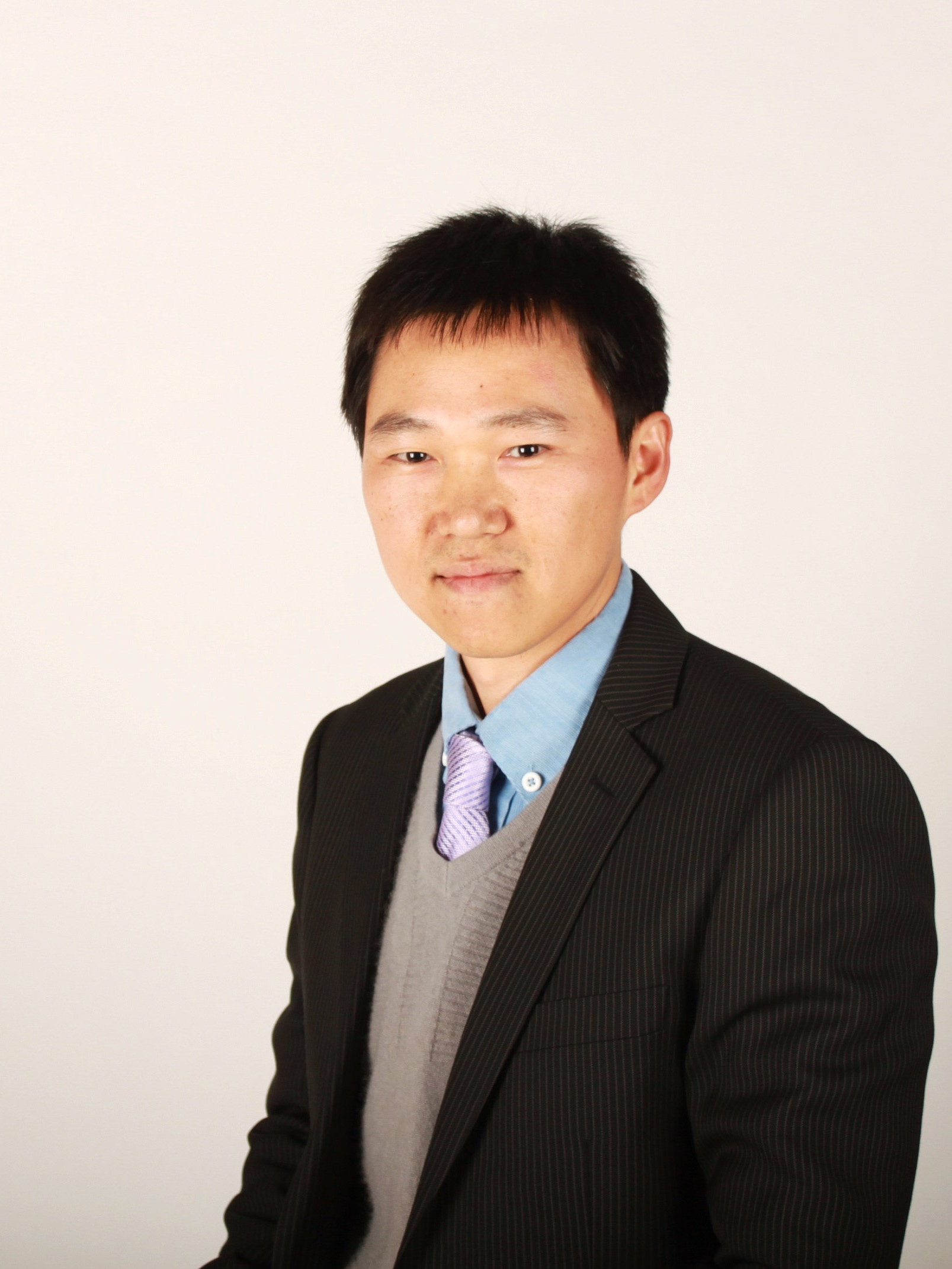
Assoc. Prof. Xiang Feng
East China Normal University, China
Xiang Feng is an Associate Professor of East
China Normal University in the Department of Educational Information Technology
and Shanghai Digital Educational Equipment Engineering Technology Research
Center. He is also the Deputy Secretary of Information Technology Education
Professional Committee for Primary and Secondary Schools of The Chinese Society
of Education. Dr Feng have 2 years of postdoc experience in Alcatel-Lucent
Shanghai Bell& Shanghai Jiao Tong University from 2018-2010 in telecom strategy
development. He obtained his PhD in geography information system and master
Degree in Computer Science & Engineering.
Dr. Feng is committed to education informatization research and services from
2010. In recent years, he is mainly focusing on the application of artificial
intelligence in education, learning analytics. He has published over 20
peer-reviewed papers; contributed in 2 published standards in educational
informatization in china; obtained 9 software copyright registration
certificates; applied for 5 invention patents, and 2 has been authorized.
Speech Title: TBA
Abstract: TBA
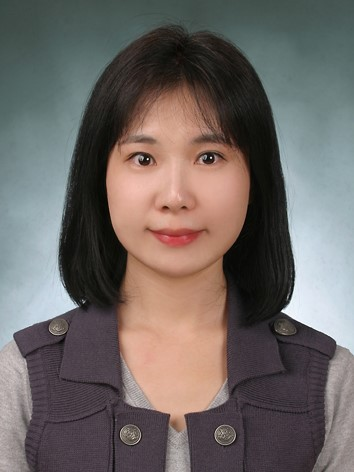
Assoc. Prof. Eunyoung Kim
Japan Advanced Institute of Science and Technology, Japan
Eunyoung Kim is an associate professor in the Area of Co-creative Intelligence at the School of Knowledge Science, Japan Advanced Institute of Science and Technology, in Japan since 2017. She has a Ph.D. in Civil Engineering and master’s degree in international commerce. She has various education backgrounds and studied in Korea, USA, China, Germany, and Japan. She wrote numbers of journal papers and books and participated in several research and educational projects regarding learning process design for creating innovations, e-learning, facilitate creative and innovative idea generation, developing thinking skills, innovation workshop design, innovations in higher education, utilizing information technology for international development.
Speech Title: TBA
Abstract: TBA
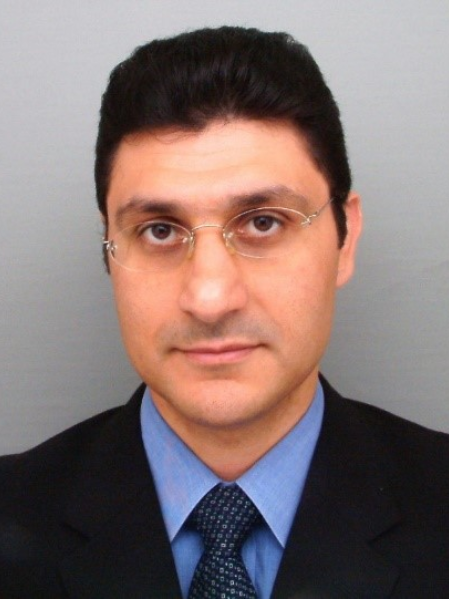
Assoc. Prof. Osama Halabi
Qatar University, Qatar
Dr. Osama Halabi is an accomplished academic with
over 21 years of experience in the field. Currently, he serves as an associate
professor in the Department of Computer Science at Qatar University. Prior to
joining Qatar University, Dr. Halabi held several positions, including the
Fujitsu Endowed Chair at Japan Advanced Institute of Science and Technology from
2001 to 2003, a researcher at the Virtual Systems Laboratory at Gifu University
from 2003 to 2006, and an assistant professor at Iwate University from 2006 to
2010.
Dr. Halabi holds an M.Sc. degree in Computer Science from Shanghai University
and a Ph.D. degree in Information Science from Japan Advanced Institute of
Science and Technology (JAIST). His research interests encompass haptics,
virtual reality, augmented reality, human-centered computing, gamification,
robotics, and interactive systems. Dr. Halabi has led and participated in
numerous projects funded by the Japanese government, QNRF, and Qatar University.
He has received international recognition for his research papers and has
achieved success in prestigious technology competitions, such as the Microsoft
Imagine Cup. A member of IEEE, ACM, Virtual Reality Society of Japan (VRSJ), and
The Society for Art and Science in Japan.
Speech Title: TBA
Abstract: TBA

Assoc. Prof. Tao Wu
Zhujiang College of South China Agricultural University, China
Prof. Tao Wu is an associate professor at Zhujiang College of South China Agricultural University, specializing in technology-enhanced learning and artificial intelligence applications in higher education. His research areas include financial management, business decision making, technology-enhanced learning and AI applications in higher education. I am currently a member of the 13th Council of Guangdong Economic Forum and the first Council of Guangdong Hongkong, Macau Financial and Economics Higher Education Association. Prof. Wu served as the editor of the "International Journal of Distance Education Technologies"(IJDET) and" the International Journal of Web-Based Learning and Teaching Technologies"(IJWLTT) as an editor. His research focuses on the application of large-scale language modeling to optimize decision making in industry and education. Served as Conference Chair and Technology Committee for the International Conference on Education Technology and Computers(ICETC), 2021 - 2023.
Speech Title: TBA
Abstract: TBA
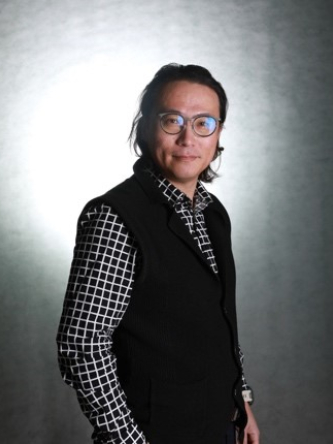
Assoc. Prof. Bo Qin
Shenyang Jianzhu University, China
Mr Qin had received his B.S., and M.S degrees in
2002 and 2007 between Dalian Industry University in China and Southampton
University in England. Since 2008, he has worked with the Shenyang Jianzhu
University in China.
He is currently an Assoc. Prof. His current interests are in the areas of
applications of AIGC (Artificial Intelligence Generate Content) in Higher
education, Design Education and Virtual Reality. He also holds a position of a
lecture in Shenyang Institute of technology 2021/2023. He had published several
papers of EI conferences which also had been publish by ACM, IEEE and SPIE.
Speech Title: Generative
Artificial Intelligence in Advertising Curriculum: The Pedagogy and Learning
Outcomes
Abstract: The value of Generative Artificial Intelligence (Generative AI) has been adopted in various areas.
Such as art, software development, marketing, and so on. AI as assistance tool can analyze and provide the solutions to the complex problems in
terms of its advantages. However, Generative AI education have not catch up the rate of AI technology development, especially students out of the
computing fields, because teachers lack the teaching materials and experience for AI education and some students have not touched coding programs.
The speaker will present some examples of Generative AI course in media school and design the advertising curriculums for undergraduate-level non-technical
students. Hoping this speech could give some the practical guidelines for schools or teachers which want to improve the effectiveness of pedagogy and learning
outcomes by Generative AI technology.
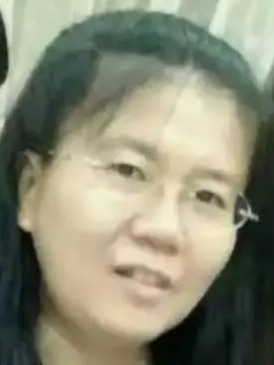
Assoc. Prof. Hui-Yu Yang
Guangdong University of Petrochemical Technology, China
Hui-Yu Yang is an Associate Professor of Guangdong University of Petrochemical Technology. Her research interest includes mobile learning and educational technology. Her research works have been published in CALICO journal, International Journal of Mobile and Blended Learning, International Journal of Technology and Human Interaction, Australasian Journal of Educational Technology, International Journal of Human-Computer Interaction, Technology in Society, Educational Technology and Society, and Journal of Research on Technology in Education.
Speech Title: TBA
Abstract: TBA
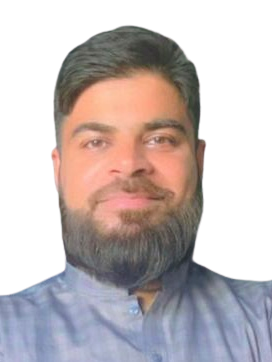
Asst. Prof. Sadaqat Ur Rehman
University of Salford, UK
Sadaqat ur Rehman is an experienced computer scientist with more than 11 years of cutting-edge research and teaching experience in prestigious institutes including Tsinghua University China (ranked 12th in the world according to THE-2024), ETH Zurich Switzerland (ranked 6th in the world according to QS-2021), University of Salford, UK, Namal University and Sarhad University of Sciences and IT Pakistan. He has supervised numerous PhD, MS and undergraduate students in their dissertation. He has co-authored more than 70 research papers (1450 Google Citations), including in leading international journals and peer-reviewed international conference proceedings. He has designed and taught various courses both at Undergraduate (UG) and Postgraduate (PG) levels during his career. He regularly organizes timely special sessions and workshops for several flagship IEEE conferences. He is an invited reviewer for numerous world-leading high-impact journals such as IEEE Transactions on Circuits and Systems for Video Technology, IEEE/ACM Transactions on Audio, ACM Transactions on Sensor Networks, Speech and Language Processing, Neurocomputing, IEEE Transactions on Big Data, IEEE Access, Neural Networks, Scientific Reports - Nature. He is recognized as a Global Talent in the area of Artificial Intelligence by UK Research and Innovation Body and Royal Academy of Engineering.
Speech Title: TBA
Abstract: TBA

Asst. Prof. Daner Sun
Educational University of Hong Kong, Hong Kong, China
Dr. Daner Sun is an assistant professor and associate head at the Department of Mathematics and Information Technology, the Education University of Hong Kong (EdUHK), Hong Kong. Her research interests are mobile learning, STEM education, and higher-order thinking in technology-supported learning. So far, Dr. Sun has published more than 40 SSCI journal papers. She is the chair of the Special Interest Group of CUMTEL of APSCE (2022-23); She is the Associate Editor of APSCE official journal: RPTEL; and an editorial member of Educational Technology & Society (ET&S), Technology, Pedagogy and Education (TPE). She is a reviewer of SSCI journals and serves as a member of relevant societies and associations. Besides being the awardee of the APSCE Early Career Researcher Award (ECRA) 2022, she is also the awardee of Outstanding Performance in Research 2023, Outstanding Performance in Knowledge Transfer (Team) 2020, and Dean's Research Output Prize 2021 in EdUHK.
Speech Title: TBA
Abstract: TBA
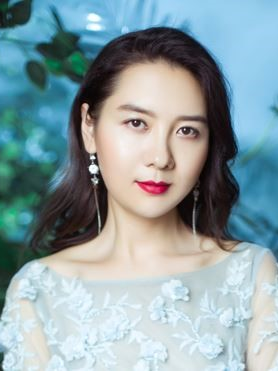
Senior Research Fellow Feifei Han
Australian Catholic University, Australia
Dr. Feifei Han researches students' learning in different learning modes, such as online learning, blended learning, flipped classrooms, and computer-supported collaborative learning. She has over 100 peer-reviewed publications, including a single-authored book, 28 book chapters, 67 journal articles, and 21 conference proceedings. Attracting over 2,000 citations, her publications appear in high-quality educational technology journals, such as Computers & Education, The Internet & Higher Education, International Journal of Educational Technology in Higher Education, Journal of Computing in Higher Education, and Journal of Computer Assisted Learning. Her work has also been referenced by government agencies and non-profit organisations in different countries. She currently serves as a co-lead editor of Australasian Journal of Educational Technology. In a recent bibliometric analysis of studies in blended learning between 2013 and 2022, she is amongst the top four most prolific researchers and in the third place of the authors with the strongest citations in the field..
Speech Title: TBA
Abstract: TBA
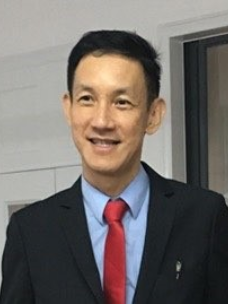
Dr. Khoo Kay Yong
The University of Hong Kong, Hong Kong, China
Dr. Kay Yong Khoo holds an EdD in Education from
the University of Hong Kong and serves as a lecturer at the master's degree
level at the same institution, specializing in AI in education, Emerging
Technology in STEM Education, and Multimedia in Education. Contributing
significantly to the field, Dr. Khoo has co-authored and edited 10 uniquely
designed book series tailored for schools. These series integrate toys and apps
to enhance multimodal classroom learning. Additionally, he has played a leading
role in developing classroom-learning software applications for teaching and
assessment, fostering interactive smart teaching in schools.
Actively engaged in scholarly pursuits, Dr. Khoo has made notable contributions
to his academic field through authoring journal papers, book chapters, and
conference papers. His research focuses on the broad application of technology
in education. Beyond academia, Dr. Khoo shares his expertise with the education
services industry, having taught and consulted in this sector. Currently, he
serves as a product design advisor to E-learn Dot Com Limited in Hong Kong and
China. Dr. Khoo's recent research initiatives delve into the implementation of
Augmented Reality in preschool education and explore generative multimodal AI in
education.
Speech Title: TBA
Abstract: TBA
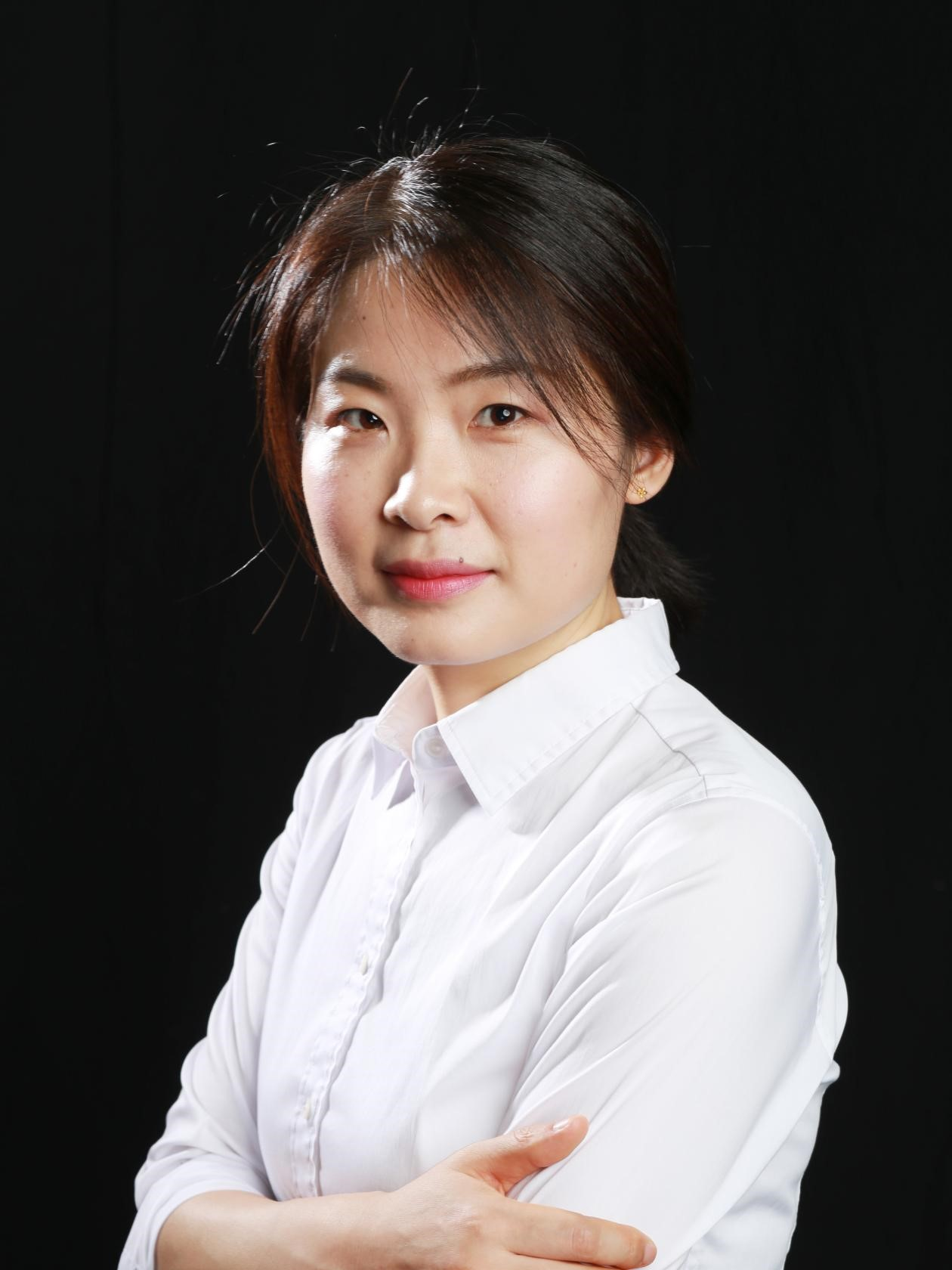
Dr. Shijuan Wang
Hubei University of Education, China
Dr. Shijuan Wang is a lecturer at Hubei University of Education. She holds a Ph.D. in Educational Technology from Tokyo Institute of Technology. Her research focuses on creativity development, science education and science communication, and the development of primary and secondary school teachers. Dr. Wang's research has been published in several peer-reviewed academic journals. Her recent work has focused on digital campus construction, remote teaching, educational equity, and the application of information technology in the professional development of primary and secondary teachers. Dr. Wang’s work has been well-received in the field of education, and she continues to explore innovative ways to enhance the teaching and learning.
Speech Title: TBA
Abstract: TBA